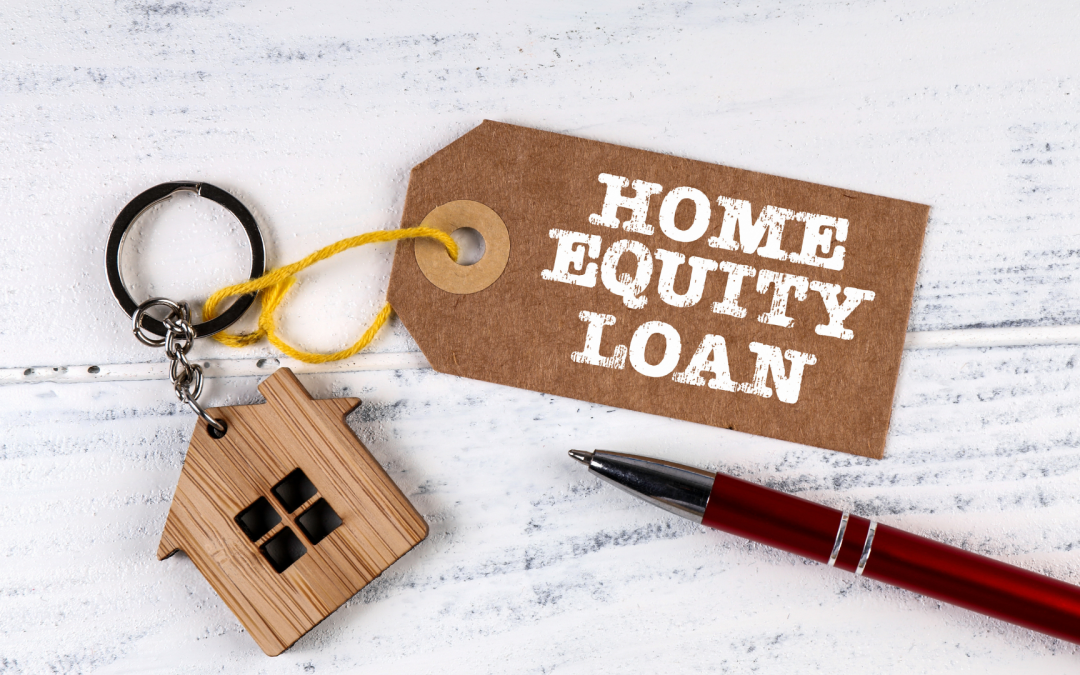Home equity represents the value of your ownership stake in your property. It’s the difference between what your home is worth and how much you owe on your mortgage. Understanding the factors that affect your equity is crucial for making informed financial decisions, whether you’re considering selling, refinancing, or tapping into your home’s value through a loan or line of credit. Here are the key factors that affect equity.
1. Mortgage Payments
Your mortgage payments play a significant role in building equity. With each monthly payment, a portion reduces your principal balance—the amount you originally borrowed. Over time, as you pay down your mortgage, your equity increases. In the early years of a mortgage, more of your payment goes toward interest, but as the loan matures, more goes toward the principal, accelerating equity growth.
2. Home Value Appreciation
Market conditions can significantly influence your home’s value. When property values in your area rise, so does your home’s market value. This increase in value directly boosts your equity. Conversely, if the market declines and home values drop, your equity may decrease, especially if your mortgage balance remains high.
3. Home Improvements
Investing in home improvements can enhance your property’s value, leading to increased equity. Renovations such as updating kitchens or bathrooms, adding living space, or improving curb appeal can significantly boost your home’s market value. However, it’s essential to choose improvements that offer a good return on investment (ROI) to maximize the impact on your equity.
4. Additional Mortgage Payments
Making extra payments on your mortgage can rapidly increase your equity. By paying more than the required monthly amount, you reduce your principal faster, which decreases the amount of interest you pay over the life of the loan and builds equity more quickly. Some homeowners make bi-weekly payments or add extra funds to their monthly payment to accelerate equity growth.
5. Property Location
The location of your property can greatly impact its value and, consequently, your equity. Homes in desirable neighborhoods with good schools, low crime rates, and convenient access to amenities like shopping, dining, and public transportation tend to appreciate more quickly. If your property is in a growing or highly sought-after area, your home’s value—and your equity—may increase faster than in less desirable locations.
6. Real Estate Market Conditions
Economic factors and market conditions also play a role in your home equity. During a strong economy with low interest rates and high demand for housing, home values tend to rise, which increases your equity. In contrast, during economic downturns or housing market slumps, property values may stagnate or decline, potentially reducing your equity.
7. Loan-to-Value Ratio (LTV)
The Loan-to-Value (LTV) ratio measures how much you owe on your mortgage compared to your home’s current market value. A lower LTV ratio indicates higher equity. For instance, if your home is worth $300,000 and you owe $150,000, your LTV is 50%, meaning you have 50% equity. Lenders often consider the LTV ratio when determining loan terms or approval for refinancing or home equity loans.
8. Refinancing Decisions
Refinancing your mortgage can affect your equity in several ways. If you choose a cash-out refinance, where you borrow more than your current mortgage balance and take the difference in cash, your equity will decrease because you’re increasing your loan balance. On the other hand, refinancing to a lower interest rate with the same loan term can help you pay down your mortgage faster, potentially increasing your equity.
9. Property Taxes and Assessments
Changes in property taxes and assessments can indirectly impact your home’s market value and, consequently, your equity. If local governments raise property taxes based on higher assessed values, it could indicate that your home’s market value has increased, thereby boosting your equity. However, higher property taxes might also affect potential buyers’ interest, potentially impacting your ability to sell at a higher price.
10. Market Supply and Demand
Supply and demand dynamics in the real estate market influence home prices and, in turn, your equity. If there are more buyers than available homes (a seller’s market), home values typically rise, increasing your equity. Conversely, if more homes are for sale than buyers (a buyer’s market), home values might decrease, potentially lowering your equity.
Your home equity is a valuable financial asset that can grow or shrink based on various factors. By understanding the elements that affect equity—such as mortgage payments, home value appreciation, market conditions, and more—you can take steps to protect and increase your equity over time. Whether you’re planning to stay in your home long-term, sell, or borrow against your equity, staying informed and proactive will help you make the best financial decisions for your situation.






